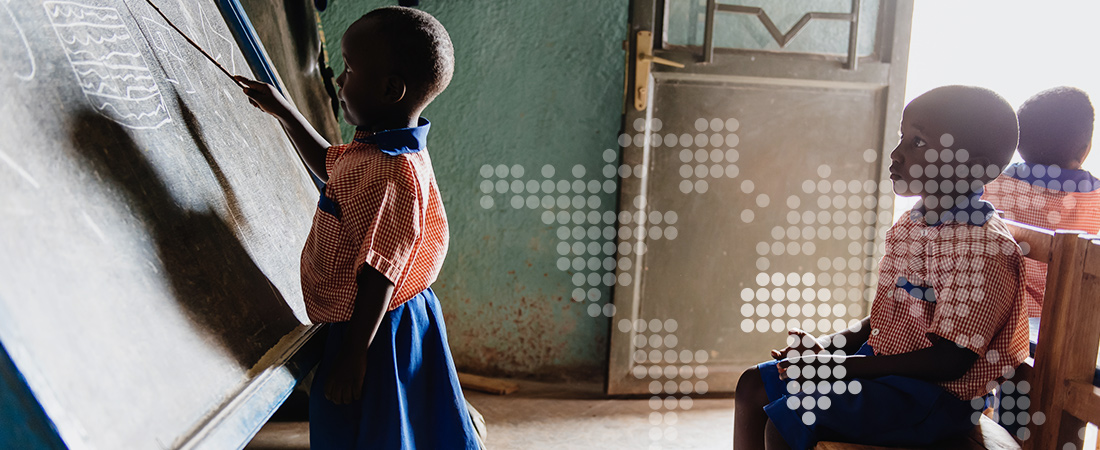
With a wave of investment transforming Africa’s educational, economic, and physical infrastructure, a bright future lies ahead for the continent’s 1 billion people. But realizing this promise will require innovative solutions to some persistent challenges, including conflict, illiteracy, and health crises.
EDC is committed to improving the lives of people across Africa. Our programs build entrepreneurship and economic opportunity, support ambitious education reform efforts, and develop solutions to pervasive public health issues, including HIV/AIDS. Across all of our work, we consult regional partners to create meaningful, effective programs that are informed by local contexts and are designed to be sustainable long into the future.
Projects
Resources
EDC conducted a randomized controlled trial in Year 5 of the Akazi Kanoze (AK) project to measure whether, as a result of the project, youth showed a measurable change in employability and employme
This program note presents summary findings of an evaluation study of the global Hewlett-Packard Learning Initiative for Entrepreneurs (HP LIFE) program, conducted in China, India, Kenya, Nigeria,
This report examines four approaches to technical and vocational education and training (TVET) employed by USAID between 2007 and 2012.
A discussion paper highlighting the crucial role of youth in driving a just economic transition and accelerating climate change adaptation by connecting local initiatives with global commitments, p
This study provides policy makers and program planners interested in youth service programs in developing countries with a history of the evolution of youth service in different regions.
The Learning Generation Report presents an action plan to deliver and finance an expansion of educational opportunity for more than 260 million children and youth who are not in school today.
SSTEP is a three-year program of the Republic of South Sudan Ministry of General Education and Instruction, supported by the U.S. Agency for International Development (USAID).
The success of the Madagascar Ministry of Education’s educational reform package depends in large part on having parents become more involved in their children’s education and take ownership of the
The USAID-funded Literacy, Language and Learning Initiative (L3) Community Libraries (CLs) aims to put books in the hands of children, parents and community members.
South Sudan Interactive Radio Instruction (SSIRI), funded by the United States Agency for International Development and working with the Ministry of Education, uses radio-based learning and other technologies to deliver high-quality education programs to children, youth, and adults in South Sudan.